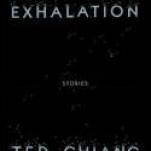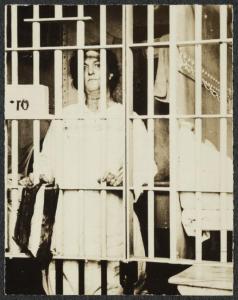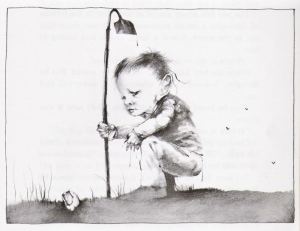Hello! It’s been TWO YEARS since my last post. Unlike some, including my spouse who somehow was able to read the most that he’d ever read in his life, I was unable to read or listen for the entirely of the pandemic. (Pandemic-ish? We’re still in it.) My brain froze, and what little concentration I could muster was expended on figuring out how to work and be at least somewhat of a good boss from home. Within the last two months, “hello, brain!” It’s (kind of) back.



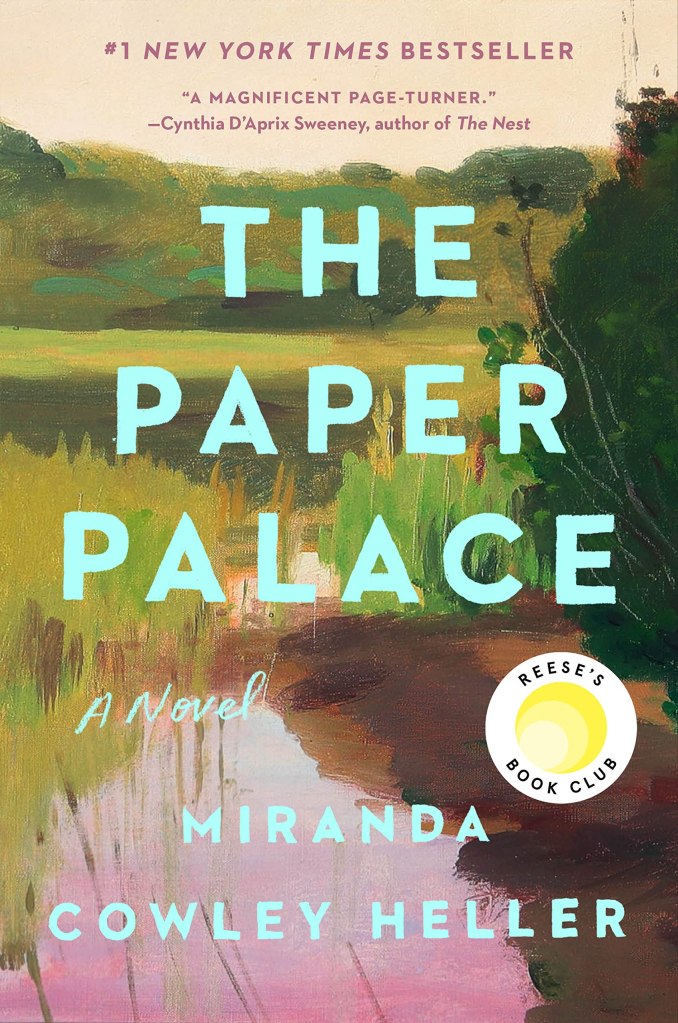
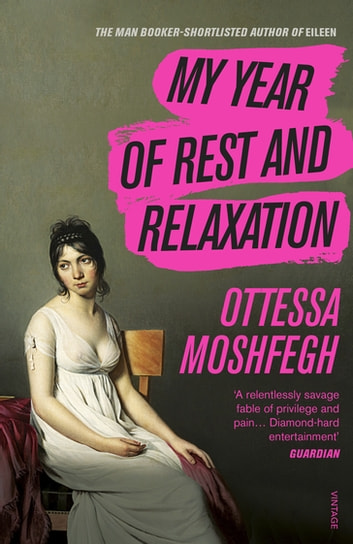
The Paper Palace by Miranda Cowley Heller
At 39, I have joined my first official book club. It may be shocking to read this, being that I am a librarian, but I am a selfish one and guard my time like a precious, tasty snack. The Paper Palace was the club’s first title and I listened on audiobook, which has a fantastic narrator. In a nutshell: affluent, dysfunctional WASPS unite. It’s a true, solid book club read. Lots to discuss and dissect about class, marriage, abuse, family, sisterhood/siblinghood (the parts with her sister were my absolute favorite of the book), mother/daughter relationships, and sometimes curious sex. A few scenes left us pondering, how can this sex be done? How would this happen? In all, it’s chock-full of all the good guts that make up a spirited discussion.
While reflecting on the seemingly constant ups and downs of the main character’s life, a memory floated up from when I interviewed Aimee Nezhukumatathil about her fabulous nature diary/autobiography, World of Wonders. She told a fascinating story about how her now hugely popular book was rejected by several publishers because it lacked drama and/or conflict. She got along with her mom, she loved her husband, she delighted in fireflies. If those elements are indeed the common criteria for major publishers to even consider a title, it’s no surprise that The Paper Palace has been on so many best-of lists over the past year.
My Year of Rest and Relaxation by Ottessa Moshfegh
This book is a trip. Original; weird; unexpected; peculiar; very, “what the fuck is happening?” for much of the book. I truly delighted in reading a story where I had no clue what was happening, if I liked the narrator or not (I still have no clue), if I knew what the hell happened in the end or not. It kept me on my toes.
The story follows the main character, a woman in her 20s who decides to tap out of life for a year by plying herself with drugs and alcohol. She holes up in her apartment with the singular aspiration of sleeping for as much of the 365 days as possible. When she wakes in her foggy, drug-induced hazes, she finds herself participating in activities that are a mystery even to her in her more lucid states. Though published in 2018, this is the perfect pandemic read where it’s easy to identify with the character and her medicinal companions after our own two years of physical, mental and emotional solitude.
When the Reckoning Comes by LaTanya McQueen
Chosen as one of the Stoker Award’s 2021 ballot finalists, When the Reckoning Comes by LaTanya McQueen is at the top of my list (the winner will be chosen in 2022). I was enthralled from the beginning, following the story of three childhood best friends: Mira, Celine and Jesse, as we follow them from an incident in their childhood that takes place on an abandoned plantation through adulthood by way of flashbacks recalled by the main character, Mira. After the incident, the three friends part ways in the rural South, only to reunite when Celine, who’s white, plans to marry on the same plantation from decades ago. The plantation has since been turned into an extravagant wedding destination, despite it’s history of slavery and the ghosts that still remain at the plantation, which fuels the story of the tenuous friendship.
Author LaTanya McQueen weaves a tale that highlights nuance in a world that often seems to lack the boldness of delving into the grey areas of life. Much of the story is told through Mira’s internal monologue and we are privy to her confusion and consideration of deeds of the past and present; her past, the South’s past, and how those histories are ever present.
Road of Bones by Christopher Golden
It was news to me that the Road of Bones is an actual place in Russia where a mass amount of prisoners of war were buried into the road, otherwise known as Kolyma Highway. Author Christopher Golden uses this real-life highway with its heartbreaking past, mixed with the severe temperatures of Siberia to create a desolate, desperate, dark and mythical place that places the reader in a mental solitude of their own as they become more and more immersed into the story.
I first learned of Golden’s writing when I read Ararat, where much like Road of Bones, Golden uses history and legend, in Ararat’s case, the story of a devil lurking in Noah’s Ark. His books are what I’d call beach reads for horror lovers; nothing too heavy but with clever plots and interesting characters that you hope to God don’t get killed off by an archaic creature awakened after thousands of years.
Smile by Sarah Ruhl
I didn’t want to read Smile. It was a memoir about a playwright who gets Bell’s palsy after having children. Not being a theatre type of gal, nor a children type of gal, I read it because I needed to lead a book club discussion at my library, and Ruhl also has Chicago ties. However, as book clubs often tend to do, I was delighted by a book that I was reticent to read but was so immensely glad that I did.
I listened to the audio, narrated by Ruhl herself, and if Ruhl ever chooses to stop writing plays and narrate audio going forward, the woman has a promising career. Though I’d never read or watched one of Ruhl’s plays, it’s plain to see that her experience with writing about the human condition, specifically that of the female kind, translated impeccably into the memoir genre. What amazed me was her incredible insight into her surroundings, her observations about life and how women are treated by society, men, other women, careers, et al. Her ability to put a spotlight on what seems mundane or matter of fact and make it seem as if it’s the most important point of discussion is truly a gift.


